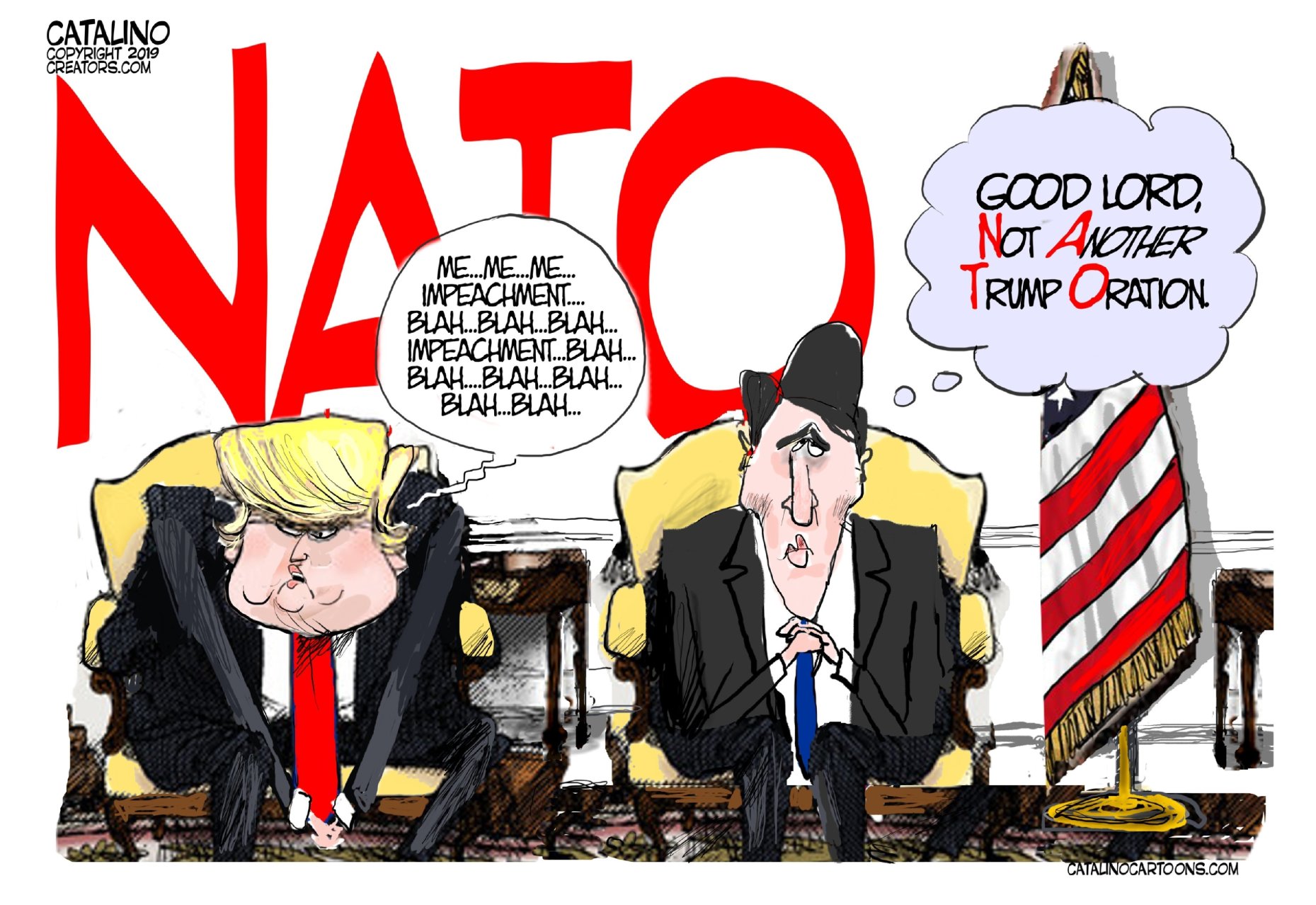Zuckerberg's New Chapter: Navigating The Trump Presidency

Table of Contents
The 2016 Election and its Aftermath: Facebook's Role in the Campaign
The 2016 US presidential election became a turning point, exposing the vulnerabilities of social media platforms like Facebook to manipulation and misinformation.
Foreign Interference and the Spread of Misinformation:
Facebook's role in the spread of misinformation and foreign interference during the 2016 election became a major point of contention. The platform inadvertently became a breeding ground for fake news, with fabricated stories designed to influence voters widely circulated.
- Specific examples: The infamous "Pizzagate" conspiracy theory and numerous articles promoting pro-Trump narratives or anti-Clinton sentiment gained significant traction on Facebook.
- Russian interference: Investigations revealed the systematic use of Facebook by Russian operatives to sow discord and interfere in the election, targeting vulnerable demographics with divisive content.
- Cambridge Analytica: The Cambridge Analytica scandal further highlighted Facebook's data privacy shortcomings and its potential for misuse in political campaigns. This scandal involved the harvesting of millions of Facebook users' data without their consent, raising serious concerns about the platform's security and ethical practices.
- Zuckerberg's response: Zuckerberg initially faced heavy criticism for Facebook's slow and insufficient response to these issues, leading to calls for greater regulation and accountability.
Zuckerberg's Testimony Before Congress:
Zuckerberg's appearance before Congress in 2018 marked a pivotal moment. He faced intense questioning about Facebook's role in the 2016 election, its data privacy practices, and the spread of misinformation.
- Key questions: Senators and representatives pressed Zuckerberg on Facebook's responsibility for protecting user data, combating fake news, and preventing foreign interference.
- Impact on public perception: The testimony, though widely viewed, didn't fully alleviate public concerns. It solidified the perception of Facebook as a powerful entity with significant influence over the spread of information and a lack of sufficient oversight. The call for increased Facebook regulation and data privacy reforms gained momentum following this event.
Navigating Political Polarization and Censorship Debates
The Trump presidency amplified existing political polarization, creating significant challenges for Facebook's content moderation efforts.
Balancing Free Speech and Content Moderation:
Facebook faced immense pressure to balance its commitment to free speech with the necessity of removing harmful content, such as hate speech, misinformation, and incitement to violence.
- Controversies: Decisions regarding what constitutes "harmful" content became highly politicized, leading to accusations of bias and censorship from both sides of the political spectrum.
- Algorithm bias: The algorithms that govern Facebook's content distribution were also subject to scrutiny, with concerns that they might inadvertently amplify certain viewpoints or suppress others.
The Trump Administration's Approach to Social Media Regulation:
The Trump administration adopted a largely antagonistic approach towards social media companies, frequently accusing them of bias against conservatives and threatening regulatory action.
- Potential conflicts: This created a challenging environment for Zuckerberg, forcing him to navigate the political pressures from a hostile administration while also addressing legitimate concerns about content moderation and misinformation.
- Antitrust concerns: The Trump administration also explored antitrust actions against large tech companies, including Facebook, raising further uncertainties for the company's future.
The Long-Term Impact on Facebook's Strategy and Reputation
The challenges faced during the Trump presidency significantly impacted Facebook's long-term strategy and its public image.
Changes in Facebook's Policies and Practices:
In response to the criticisms and controversies, Facebook implemented several changes to its policies and practices.
- Data privacy reforms: The company made efforts to improve its data privacy protections, though these efforts remain a subject of ongoing debate.
- Content moderation strategies: Facebook invested heavily in content moderation technologies and personnel to identify and remove harmful content more effectively. These strategies, however, have faced challenges related to scalability and accuracy.
- Algorithm updates: Facebook has also worked on refining its algorithms to reduce the spread of misinformation and promote more authentic and credible content.
The Lasting Legacy on Public Trust and Confidence:
The Trump era left a lasting impact on public trust and confidence in Facebook. The controversies surrounding misinformation, foreign interference, and data privacy significantly eroded public faith in the platform.
- Ongoing challenges: Facebook continues to grapple with the challenges of maintaining user trust and demonstrating its commitment to responsible social media practices. These issues remain central to the ongoing discussion surrounding social media's role in society.
Conclusion
Mark Zuckerberg's navigation of the Trump presidency presents a compelling case study in the complexities of managing a global social media platform amidst intense political polarization and regulatory scrutiny. The spread of misinformation, foreign interference in elections, and debates surrounding free speech and content moderation posed unprecedented challenges. These challenges led to significant changes in Facebook's policies and practices but also left a lasting mark on its reputation and the public’s trust. To further explore the intersection of social media, politics, and the responsibilities of tech giants, continue researching "Zuckerberg's New Chapter: Navigating the Trump Presidency" and related topics. Understanding this pivotal period is crucial to shaping a more responsible and accountable future for social media.

Featured Posts
-
 Tom Cruises Death Defying Mission Impossible 8 Stunt Hanging From A Biplane
Apr 26, 2025
Tom Cruises Death Defying Mission Impossible 8 Stunt Hanging From A Biplane
Apr 26, 2025 -
 Russias Arctic Gas Exports The Role Of European Shipyards
Apr 26, 2025
Russias Arctic Gas Exports The Role Of European Shipyards
Apr 26, 2025 -
 Phoebe Gates Navigating The Challenges Of A Privileged Life
Apr 26, 2025
Phoebe Gates Navigating The Challenges Of A Privileged Life
Apr 26, 2025 -
 Ukraine Peace Deal Trump Faces Setback Due To Russian Opposition
Apr 26, 2025
Ukraine Peace Deal Trump Faces Setback Due To Russian Opposition
Apr 26, 2025 -
 Top Philippine Banker Issues Grim Warning On Tariff War Impact
Apr 26, 2025
Top Philippine Banker Issues Grim Warning On Tariff War Impact
Apr 26, 2025
